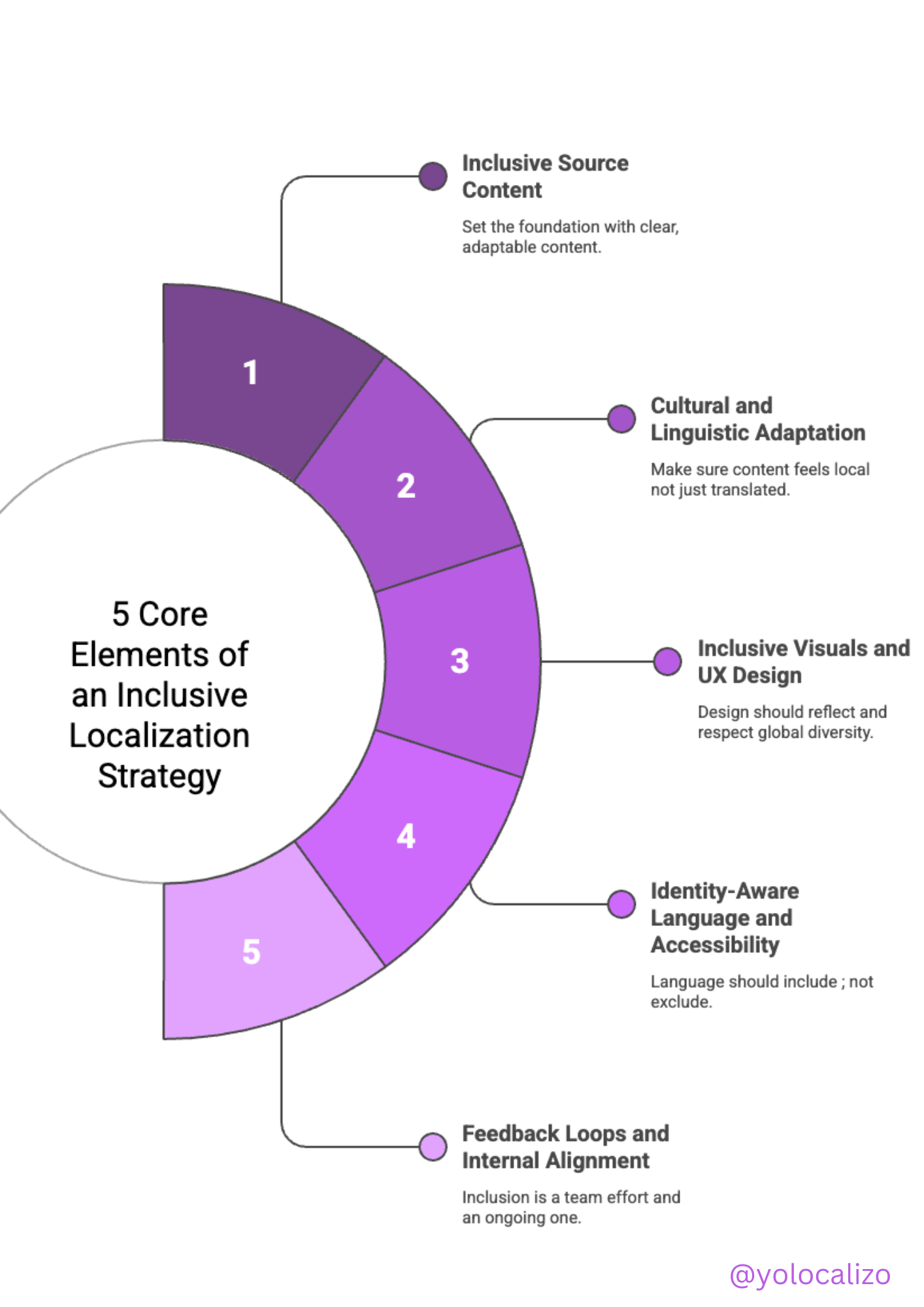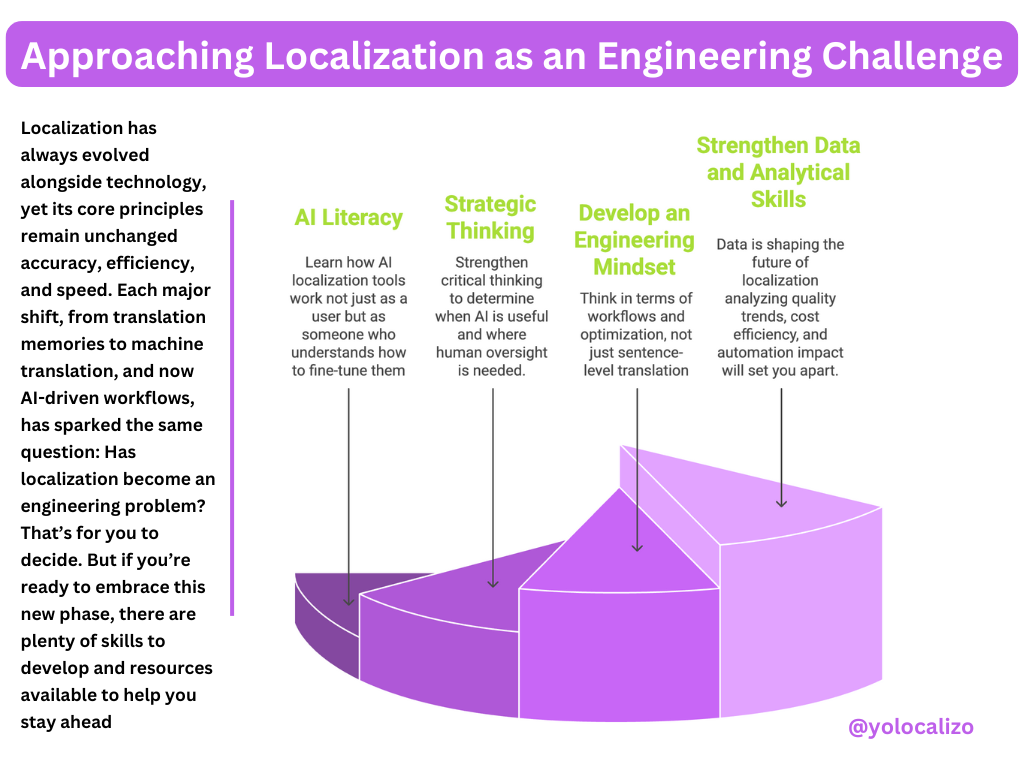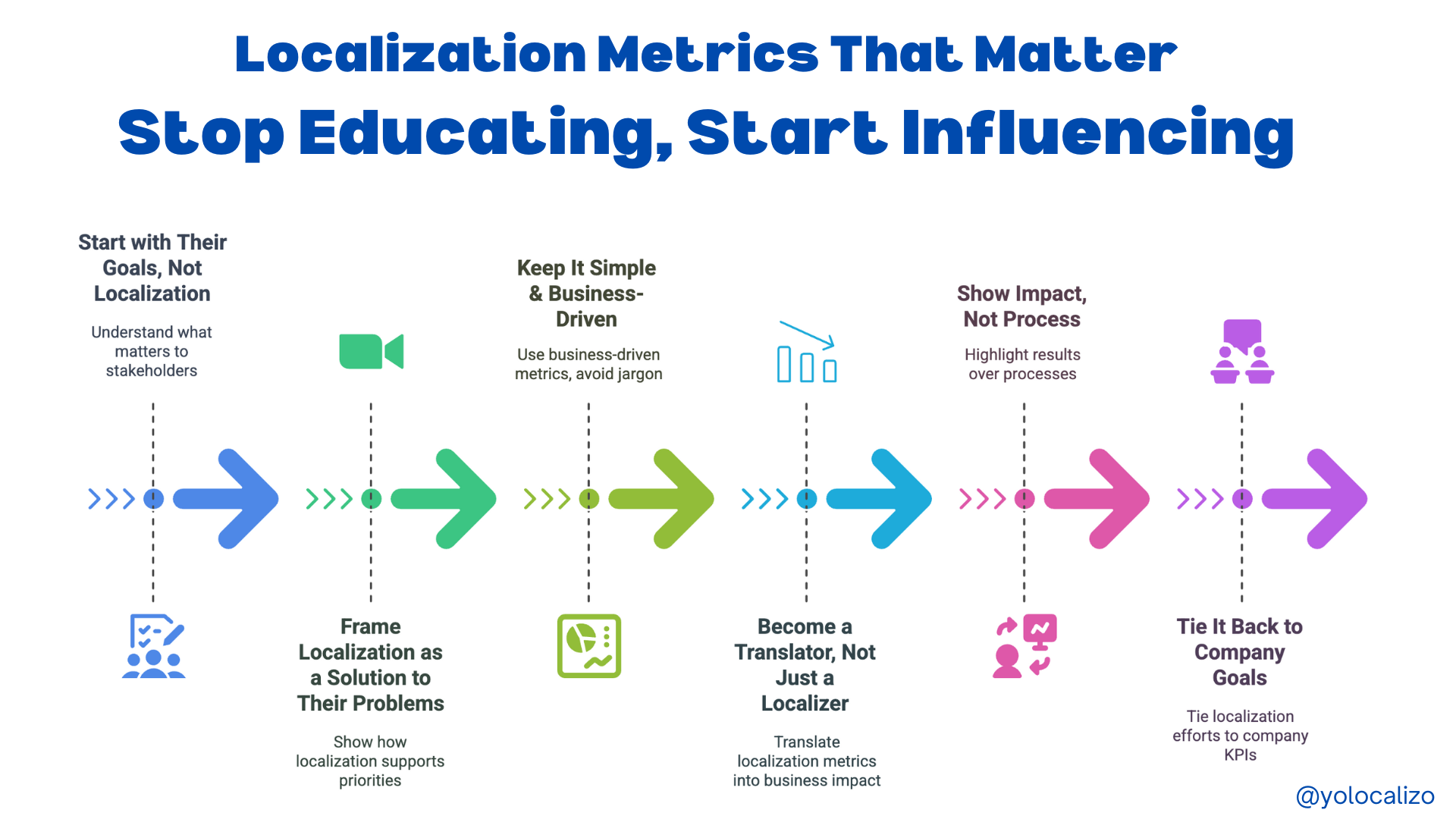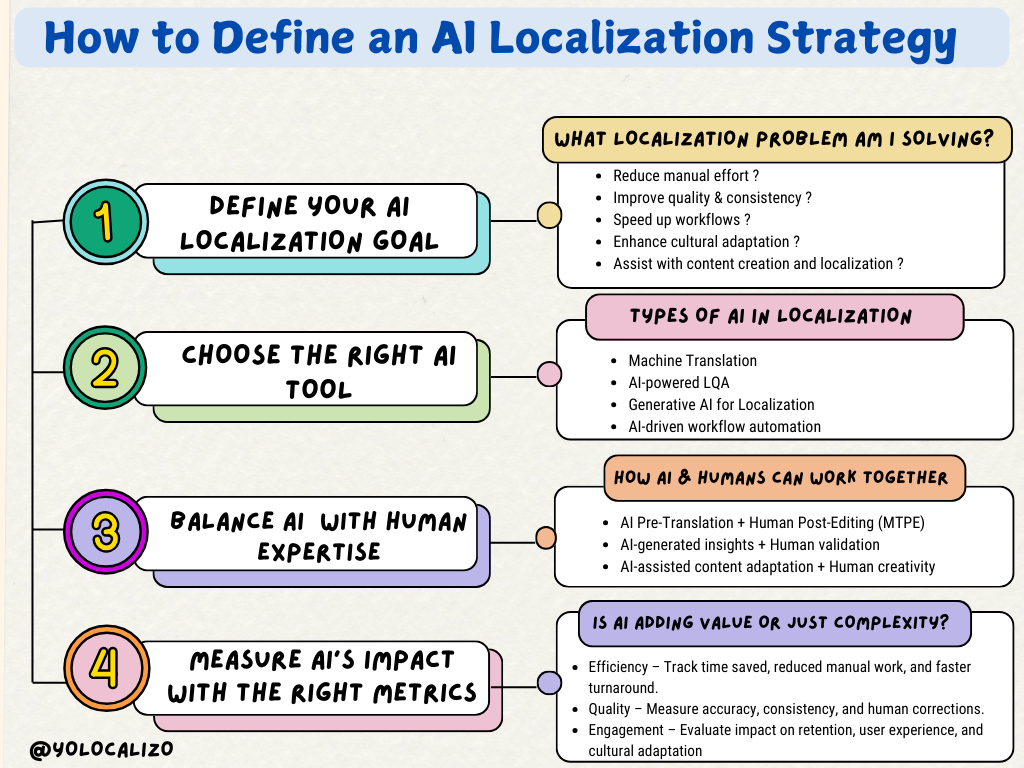Localizing a game for free? Really? Myth or reality?
There are many places that we can go to inform us about the latest developments in the world of technology, and TechRadar is one of my favorites.
This online publication is in my bookmarks across all my devices, and I do not hesitate to consult those articles to keep up to date on news related to technology, computers, gadgets and more!
A couple of weeks ago they published this article about the best 30 indie games on PC and Consoles.
Click HERE to go to the article
In the article, I liked the review they do of the different games that we can play during the year. And the part of the "smaller budget" kept me thinking, and I was wondering:
Can an indie game developer localize a game for free? or at least with a very small investment?
And this is what I will cover in today's post, but first some context.
What's an indie game team?
It's a small group (or even just 1 person) passionate about video games and with the skills necessary to create a video game on their own from scratch. With limited financial resources, every cent needs to be carefully planned and spent.
What's crowdsourcing?
It's a group of volunteers or a group of fans that will help us to translate our game from one language into another for free. Why they do that? For some of them, the motivator would be that they like the game so much that they want to support the game to be a global hit. For others, it's a shortcut to get experience and polish the skills required to become a full-time professional localizer.
In the previous paragraph, I mentioned that an indie game developer has the necessary skills to create a game from scratch on their own ... but one of the skills they do not have is to be a linguistic professional in several languages.
And that leaves an indie game developer in a delicate situation.
A community of fans or a crowdsourcing community will rarely localize a video game, as well as a vendor, specialized in the translation of video games. The vendor will have the technology, processes and linguistic specialists with the right experience to prepare a game for a global debut.
But the costs for an indie game developer to use one of these linguistic vendors can be quite high. I do not say that linguistic vendors are expensive, or that they deserve to charge what they ask for. What I'm saying is for an indie game developer the difference between paying € 0.15 per word or doing it "free" can be the difference between being able to pay the rent of the house in which they live and in which they are developing that game, or not being able to pay it all...
So we have the following variables to handle, an indie game developer needs a place to live, that is not negotiable. The indie game developer needs a budget to go out and have fun, that it’s not negotiable. The need to localize our video game to obtain revenue in different countries of the world? this is not negotiable either. See below bullets.
So the only thing that can be fairly negotiable is to find a solution where we can have our game translated at a cost 0, or at the lowest possible cost.
- Why You Have to Localize Your Mobile Game Today
- The Global Games Market Will Reach $ 108.9 Billion in 2017 With Mobile Taking 42%
- Game Localization Matters: 7 Reasons Why You Should Localize
- What Is Video Game Localization And Why Does It Matter?
On top of those reasons ... one more ... If we have a game in which the narrative plays an important role, the need to translate is crucial.
Because if we are working in one of those games in which there is a script, in which the game looks like a movie, if our players do not speak the language, we will not capture them, captivate them or keep them hooked ... If the developer focuses on creating a beautiful story, but then the player does not understand it, it does not make much sense for that player to buy a game that he does not understand ... so long story short .. the more text our game has, the more necessary it is to translate it to reach our players ... and at the same time, the more text we have, the more expensive it will be to have professional translators and testers. Catch 22!
Here we go! I present below a series of suggestions to have an indie game translated for free (or at a low cost)
- First things first. Find volunteers
How can we do this? Well, the best thing is to be very active in social networks and announce on our Twitter feed, LinkedIn and other social networks that we are looking for volunteers. Nowadays with the different social media channels, we can reach millions of people with a single tweet. So the first step to finding volunteers to localize our free game is to announce it everywhere! Do you need any specific suggestions to start? No problem! Here are 2 ideas.
The Steam user community consists of over 125 million people around the world who run Steam in one of 26 languages. They do their best to translate everything for everyone!
- Go to Facebook and ask for help to the nice community "living" there
- Last but not least look for sponsor in https://www.patreon.com/ or launch
- a campaign in Kickstarter . Some great games started there.
- For example
or this other great game was born also via Kickstarter ...
More ideas
- Decide what you'll localize. In localization planning is important and it requires pre-engineering (aka I18N). We have to spend time deciding how much localization we want i.e all the audio or just the subtitles, analyze if we want all the in-game content or just the UI, basically we must be realistic about what's the MVP game content we should get. That will help to break the ice in international markets!
- Make the life of volunteers translators easier. It's quite likely that a fan helping to localize a game does not have a MemoQ license to support our localization efforts, also it's quite likely that they do not have a solid database to handle glossaries or terms in general. You might facilitate this by using Google docs and other sharing tools. Although I would not recommend to a localization team to work with plain text files or XML, this is the most straightforward for a community to start supporting a game for free. An XML file for subtitles and text files for in-game content it will be all that we need to start translating our game
- The "Help me help you" moment from Jerry Maguire has been very popular in memes every now and then ... here in our quest of localizing our game for free, it's also valid. We need to help our volunteers so they can help us. This means that we need to create lots of documentation; we need to provide context. Detailed context information leads to higher translation quality and massive time savings as no clarification is needed. Our volunteers might get confused when there is ambiguity in the text. This can be solved with contextual information. Also, it helps if we answer their queries as soon as possible; and last but not least, we should ensure that we give credit to their job. Not only in the game but also in Social Media channels.
- Create a sense of community. It's important to create a space for our volunteers to interact with each other. Nowadays, there are many tools that we can use to have collaborative chats and regular interactions between different people. I do not have any particular preference towards any of the hundreds of tools available out there to help us on this. Choose one and then post content often and be visible answering questions, posting new content or instructions; basically, help to engage and connect the different volunteers.
- Another good idea would be to benefit from some common terms that we use in video games that they have been translated and compiled into a nice way in this Google doc. This glossary is supported and maintained by the fan community under MIT License. There are currently approximately 1,300 terms localized in 25 languages. Wow, not too bad, right? And we have different categories other than UI, i.e gameplay or progress terms!
So far it's all very nice, more or less, we can have our game translated for free which allows us to save a few hundred euros for our most basic needs such as having a few beers with patatas bravas and enjoying life with our friends :) Now, there are certain aspects for which we must be prepared when we work in "free mode"
- It is quite complicated to supervise the translation process and quality control without knowing the language.
- Volunteer translators usually suffer to understand how to handle the tags of a text, this gives rise to many bugs related to placeholders or grammatical incoherence.
- Consistency might suffer. If we start our content in several small parts and assign it to different people it is not surprising that we have inconsistencies in terms or even in glossaries
How could we solve all these possible problems? Including a phase of Localization QA might help. In future posts on this blog, I will share with you several ideas to carry out this suggestion ...
So the question after reading this post might be: is it worth it? Is it really possible to localize a game for free?
I would say it's worth it; as Localization really helps to boost revenue from a game as explained above; and the advantage that I see with the "crowdsourcing" approach is that more and more people are getting interested in and educated about localization and what goes into a good localization. This is very good and it is the right step towards the right direction. Hopefully following some of the suggestions listed above and also aware of the possible problems that we are going to find we might be closer to our dream, the dream to convert our indie game in a global success ...
Anyways, good luck out there globalizing your game! And whatever approach you take .. remember to be happy! 😃





















Localizability has always been a challenge small issues in source content often lead to big problems later in translation. In this post, I explore how AI is giving localization teams a powerful new way to improve source quality, reduce friction, and create better content for every market right from the start.